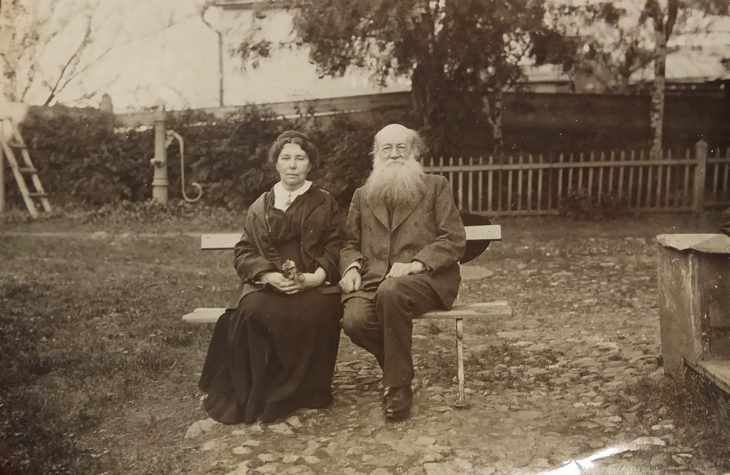By Micah Mattix, January 31, 2022
In the latest issue of The New Criterion, Gary Saul Morson writes about Peter Kropotkin. Kropotkin was raised in an “ancient and highly privileged” Russian family, but he became disillusioned with the aristocracy and came to view serfdom as a great evil. He was recommended to a post in East Siberia early in his life. The five years he spent there, Morson writes, changed him:
When he arrived in Irkutsk, the capital of East Siberia, the spirit of reform reigned and the young governor-general was delighted to have a liberal on his staff. He assigned Kropotkin to outline reforms for the prisons and the system of Siberian political exile. By the time these proposals worked their way back to the centers of power, however, such reforms were no longer so welcome.
This failure led Kropotkin to reject all reforms as futile. That conclusion is all the more remarkable because no Russian ruler between Peter the Great and Lenin transformed the country more than Alexander II. I do not know whether the imperial rescript of February 19, 1861, proclaiming the liberation of the serfs—70 percent of the population—was, as some have called it, the most extensive legislative act in history, but it decisively changed more lives than any other tsarist reform. And that was only the beginning.


